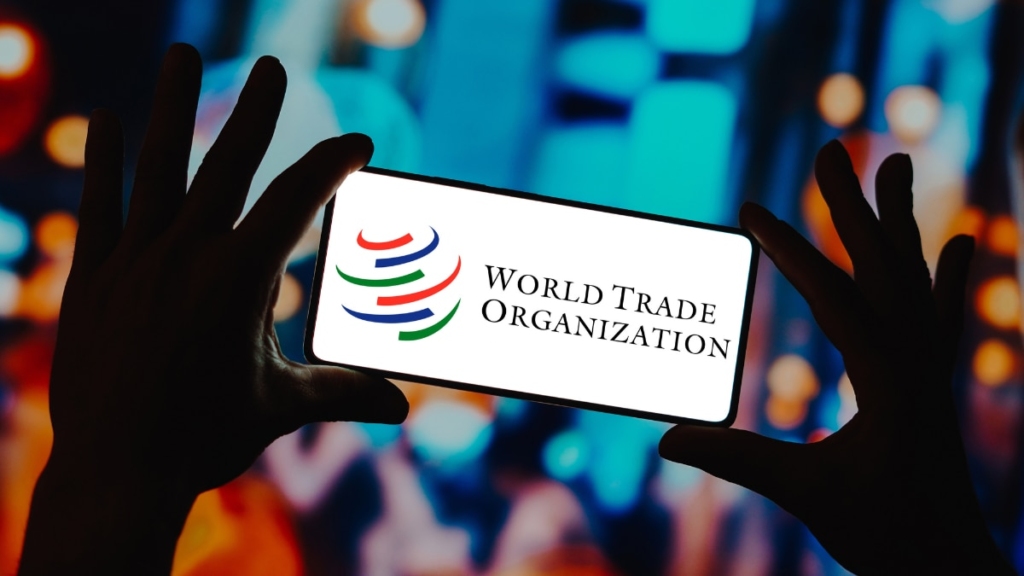The World Trade Organization (WTO) has chosen to extend the suspension of e-commerce tariffs for another two years following extensive negotiations in Abu Dhabi. But efforts to reach agreement on other trade issues, particularly cutting subsidies in agriculture and fishing, have failed, Bloomberg reported.
During the closing session, Director-General Ngozi Okonjo-Iweala praised the WTO as a bulwark of resilience amidst global geopolitical upheavals. He called on negotiators to persist in addressing outstanding issues on the agenda. The 13th edition of the Geneva-based body's biennial ministerial conference also faces additional hurdles with a number of elections scheduled in major economies this year. Incumbent politicians from Brussels to New Delhi are under pressure from a range of groups, including farmers, truck drivers and other workers, to seek relief from inflation and foreign competition.
“I said it's going to be tough trying to build on our track record in this headwind,” Okonjo-Iweala said at a news conference earlier in the week. “We didn't achieve everything we wanted, but I think what we achieved was pretty amazing,” he added, according to the report.
After a massive 16-hour meeting on Friday, discussions ended well past midnight. An 11th-hour agreement to extend the moratorium on e-commerce until 2026 emerged as the most significant development. Some observers were taken by surprise, especially after European Union officials suggested, minutes before announcing the draft agreement, that the week-long negotiations were on the verge of complete collapse. The report states:
However, the lack of progress on agriculture and fisheries issues has meant that the WTO has only been able to secure two major multilateral agreements in its nearly 30-year history, and the necessary consensus among its 166 member countries There is a possibility that there will be renewed criticism that the government is unable to foster The criticism comes at a time when the global economy has become increasingly fragmented into competing blocs and conflicts in areas such as Ukraine and Gaza have disrupted international trade.
“It is clear that reaching an agreement is often difficult. Nevertheless, we are very close and the majority of member states have the will and determination to continue negotiations until the red line is crossed.” Valdis Dombrovskis, Vice-President of the Commission for Trade, clarified the Bloomberg report.
Although initially opposed to reinstating the e-commerce moratorium, India, Indonesia and South Africa ultimately supported it. These countries share concerns about the potential loss of control over data flows and the market power of large US technology companies.
Also read: Stock market hits all-time high: Sensex expands by 1245 points; Nifty Top 22300.Tata Steel up 6%


